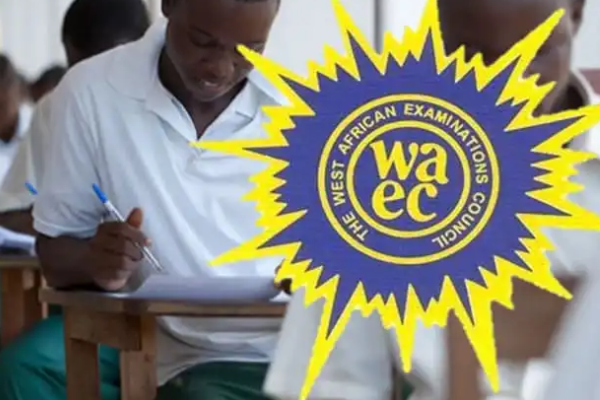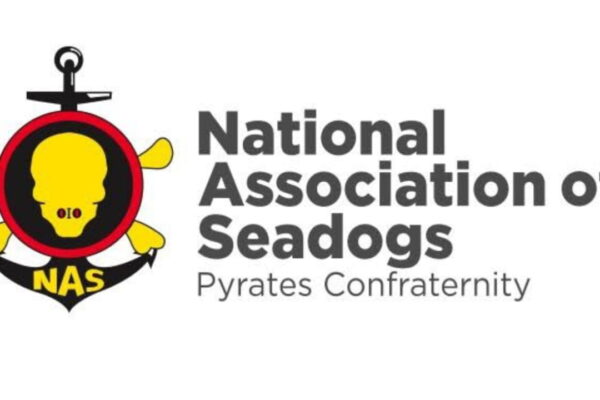Ukraine War Update: Zelenskyy Meets Starmer; Kremlin Confirms Trump-Putin Summit Plans
Ukrainian President Volodymyr Zelenskyy visited UK Prime Minister Keir Starmer at Downing Street on August 14, highlighting Britain’s continued support for Ukraine ahead of the upcoming U.S.–Russia summit in Alaska. Starmer reaffirmed the UK’s commitment to Ukraine’s territorial integrity and warned that further pressure could be applied to Russia if necessary. The meeting comes at a critical moment, as the Kremlin confirmed that Presidents Donald Trump and Vladimir Putin will hold a one-on-one meeting this Friday at Joint Base Elmendorf-Richardson in Anchorage, Alaska. Following the private discussion, their delegations will join for broader talks, concluding with a joint press conference. This will be the first in-person meeting between Trump and Putin since 2019. It has raised concerns among European leaders, who fear Ukraine’s interests could be sidelined during negotiations. Many have stressed that any resolution to the conflict must not undermine Ukraine’s sovereignty. Trump has described the summit as a “listening exercise,” with the aim of exploring possible ceasefire arrangements. He has also indicated that economic measures could be considered if diplomatic progress stalls, while Putin has framed the talks as an opportunity to address security concerns and “reset” strained relations.








